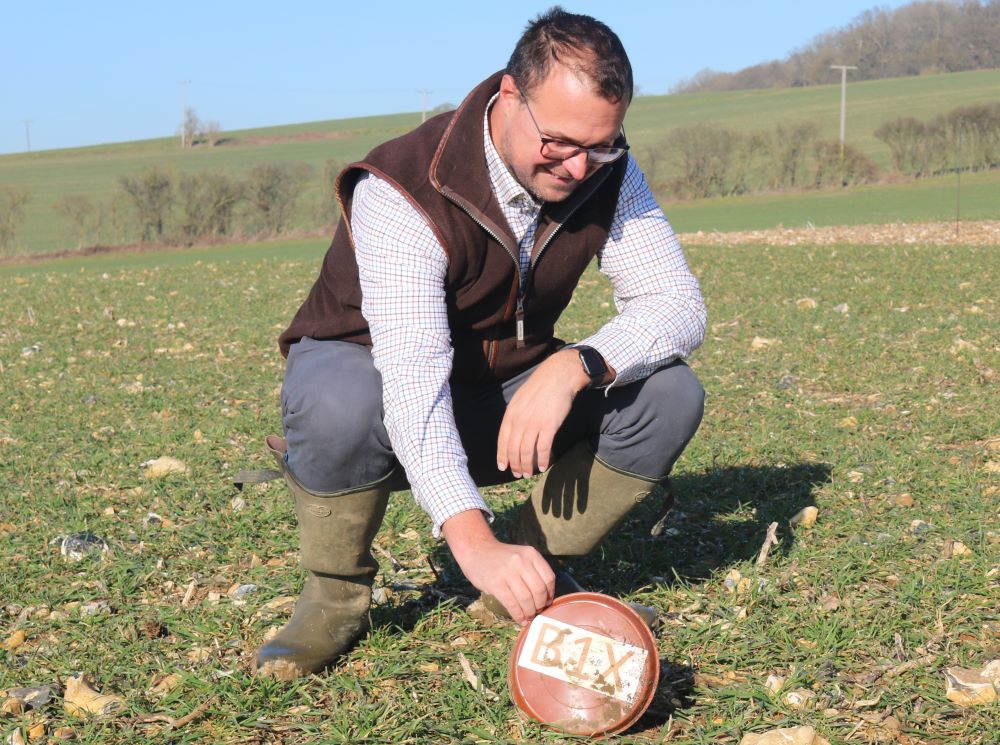
What does BOFIN do?
BOFIN seeks to promote the work of farmers who carry out their own on-farm trials and provides a voice and a platform for the views and the discoveries of those farmers. Our aim is to ensure this work is valued, that it is recognised and that it makes a positive contribution to the progression of UK agriculture and to farm-based science globally.
Members of BOFIN tend to be particularly keen to look at innovations and how best to incorporate these to improve their farming system.
How do farmers in the network benefit?
BOFIN aims to provide a hub to connect farmers who are interested in doing on-farm trials with like-minded farmers and with opportunities for interesting and innovative projects.
The primary objective is to increase the value to the individual farmers of the on-farm trials work they do. There’s a value to other farmers too, in sharing the experience and knowledge gained, and BOFIN works to provide financial reward, preferably through public funding, for those farmers who wish to pursue this.
BOFIN works with Defra, UKRI and with a number of leading UK R&D institutions to ensure research on farm is farmer led. It’s in our nature to collaborate, partnering on projects with PGRO, ADAS, CHAP, NIAB, John Innes Centre, Rothamsted Research, as well as other industry leaders and agri-tech innovators. BOFIN brings them together with farmers keen to progress on-farm practice, to share information, experience, results of trials. We seek a more sustainable, resilient path for agriculture, both for the UK and worldwide. But the journey to get there should be exciting, inspiring and exhilarating.
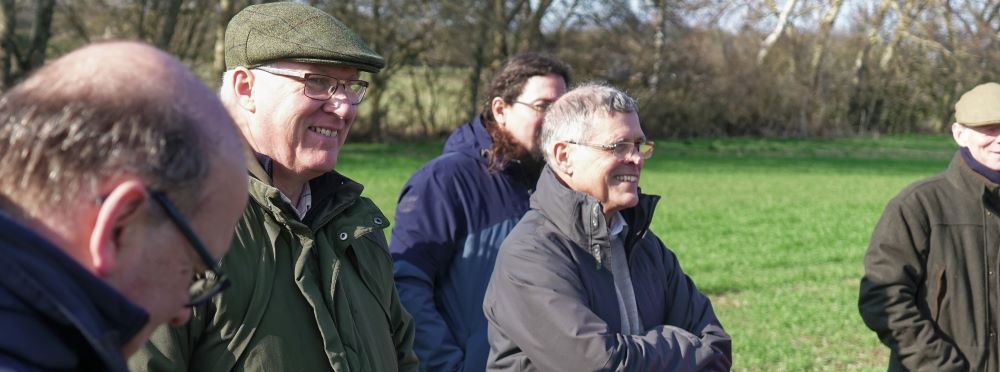
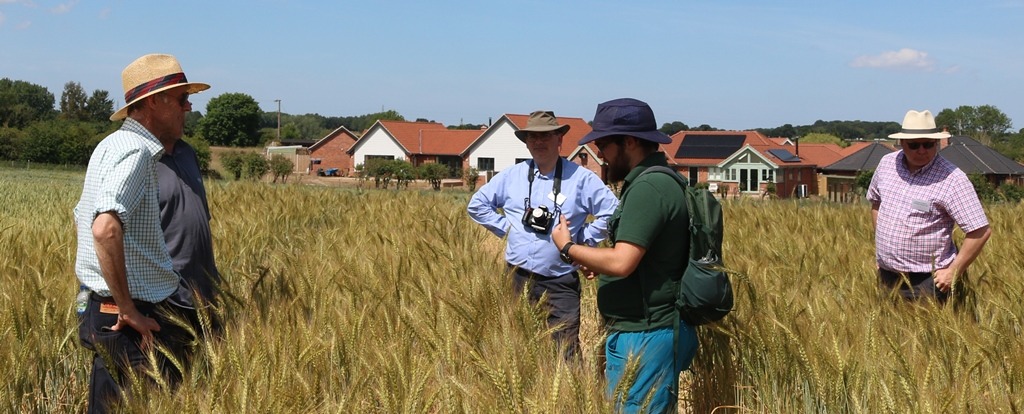
Is there a cost to joining BOFIN?
BOFIN is free for any UK farmer to join and there’s no obligation to get involved in trials—the ‘just curious’ are welcome. Those who join may be asked for their experience of on-farm trials and views on key issues, and allow BOFIN to store data on their behalf they have provided (to comply with GDPR regulations). As opportunities arise, we’d bring opportunities and developments to the attention of farmers in the network, although farmers can opt out of such communications.
Is BOFIN connected with other farmer-led networks?
The Farmer-Led Innovation Network (FLIN) represents organisations that carry out on-farm trials working with groups of farmers, including Innovative Farmers, AHDB, etc. As such there’s a strong overlap and BOFIN works with FLIN to ensure activities complement. We represent the interests of the farmers themselves, however.
Innovative Farmers currently lead in this area with their Field Labs. BOFIN is particularly keen to work with new technologies and innovations—ideas that may have come from commercial companies and those outside the network. The aim is that these can grow and develop into valuable on-farm solutions with the help of inspired farmers.
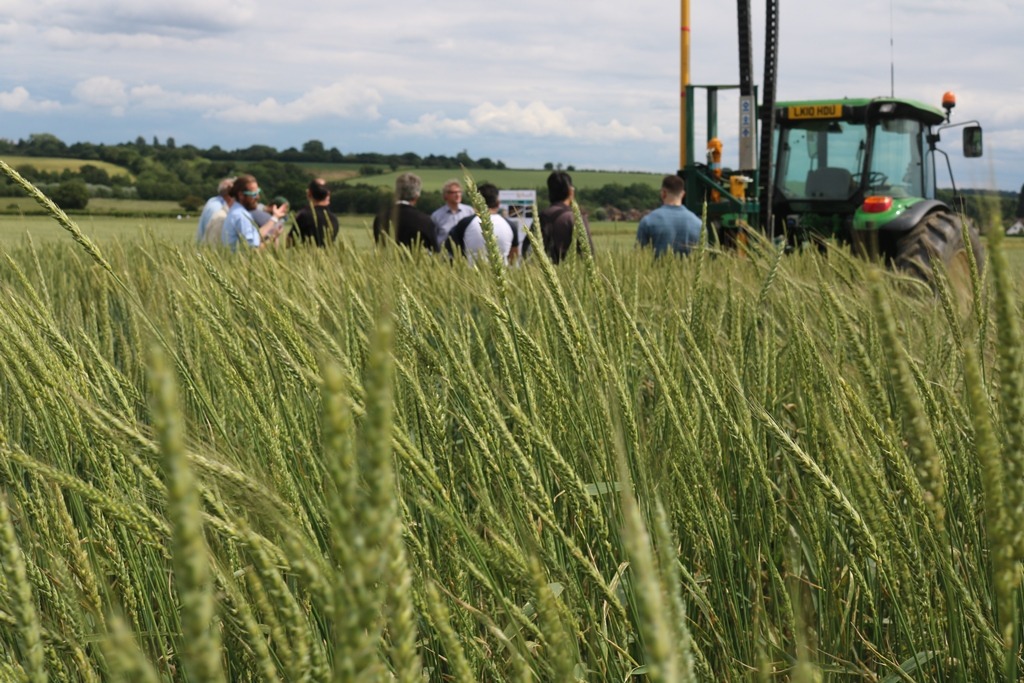
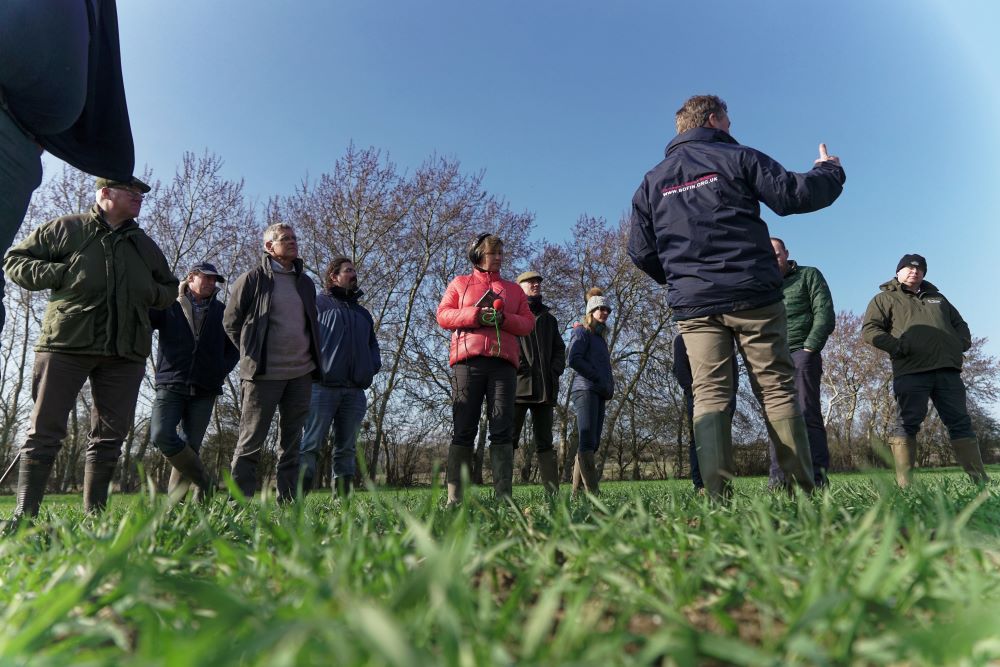
What constitutes an on-farm trial?
Anything from a spray miss to replicated trial plots could be viewed as an on-farm trial. Our aim is to help farmers gather data that is scientifically robust and repeatable, and work towards improving the overall rigour with which on-farm trial work is performed.
BOFIN works closely with scientists carrying out projects with groups of farmers and we seek to enable this relationship. This helps scientists get better results from on-farm trial work, and improves the value of this work, both for the individuals involved and for the wider farming community.
One proposal for BOFIN to take forward, subject to the wishes of the farmers in the network, is a quality assurance and/or continuing professional development (CPD) scheme that would seek to establish verifiable standards to which on-farm trials work is undertaken.
Is BOFIN exclusively for arable farmers?
BOFIN came about as a result of a noticeable rise in the number of farmers carrying out on-farm trials in crops, seeking to collaborate more and conduct trials that have more value than a simple tramline comparison. The farmers in the network are primarily engaged in arable farming, but activities span all sectors and the experience of any farmer is valued. BOFIN members include scientists, tech innovators and knowledge exchange managers—we help people of all ages and backgrounds share in on-farm science and the positive impact it has.
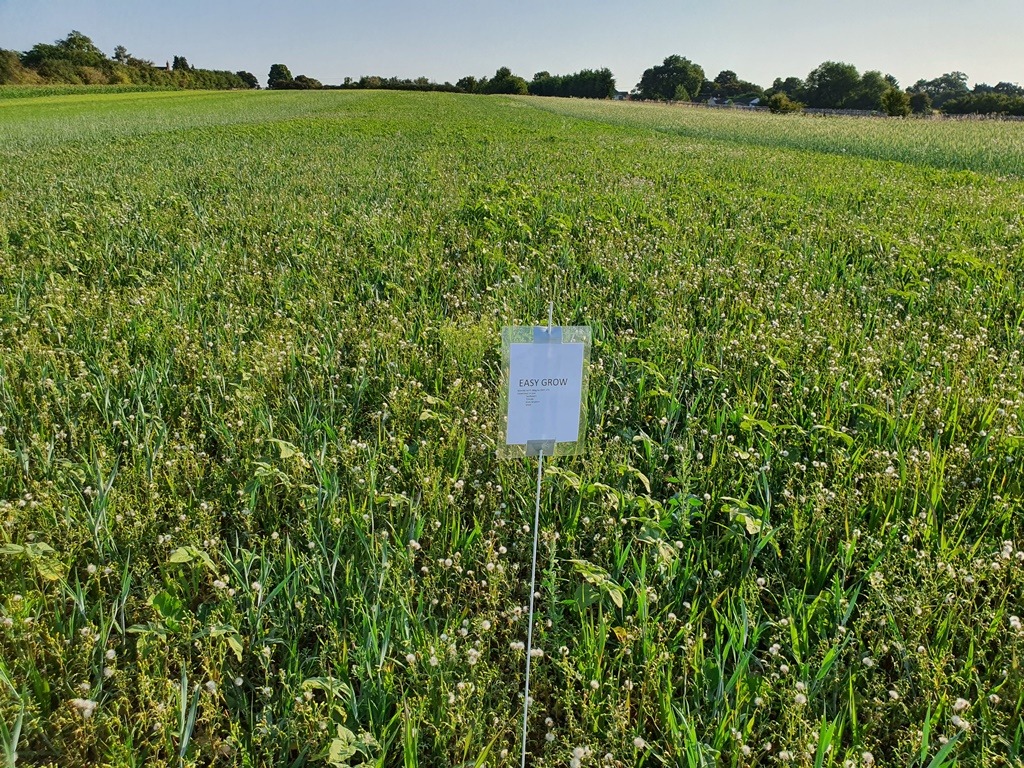
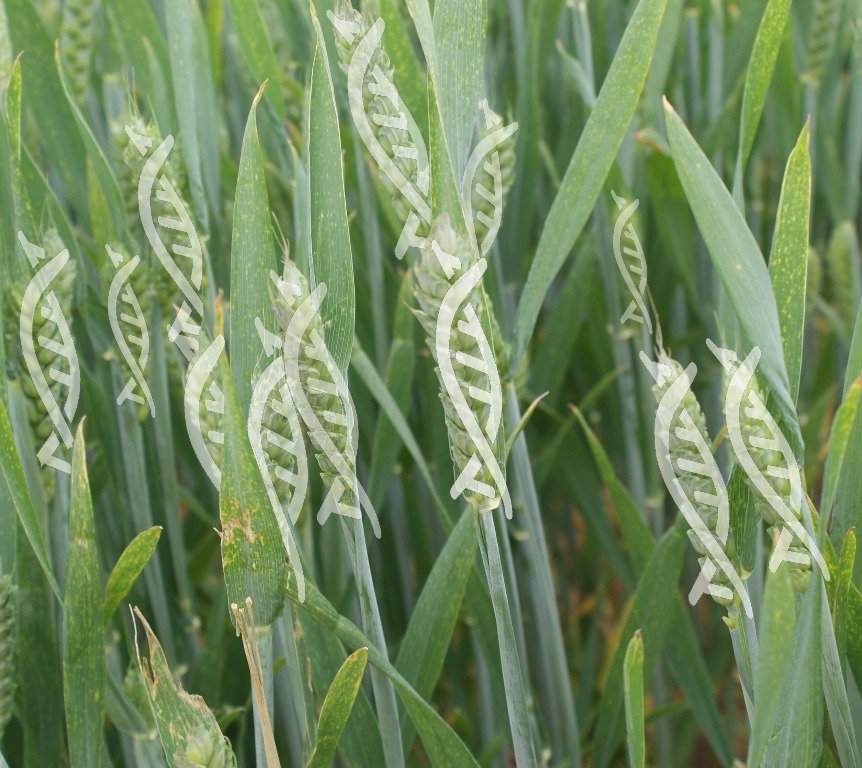
Why the interest in gene-editing?
The UK Government has granted new powers to research gene-editing (GE) in plants. This follows concerted efforts by BOFIN, along with plant breeders and scientists, to allow field trials without the strict regulations required for GMOs. A survey of BOFIN farmers shows many are now very interested in exploring GE crops on their own farm. On-farm field testing may become a key component in how these crops are introduced and BOFIN can help ensure this is done in way that improves the overall resilience of agriculture. However, there are also many farmers in the network who are not interested in GE crops and some who oppose the breeding technique.
Who runs BOFIN?
BOFIN was founded and is coordinated by Tom Allen-Stevens, an Oxfordshire arable farmer. Tom has been an agricultural technical journalist for over 20 years and worked previously as a verifier for Assured Combinable Crops Scheme. He was Manager of LEAF’s Open Farm Sunday in 2011, was a Director and then Chairman of Oxford Farming Conference (2017-2019). For ten years until 2021 he was Editor of CPM and has also been Director of Communications and PR with Trinity AgTech. Tom has a passion for science and innovation in farming and also leads the Gene-Editing for Environmental and Crop Improvement initiative (GEECI). He carries out his own on-farm trials and runs BOFIN with a small and dedicated team.

